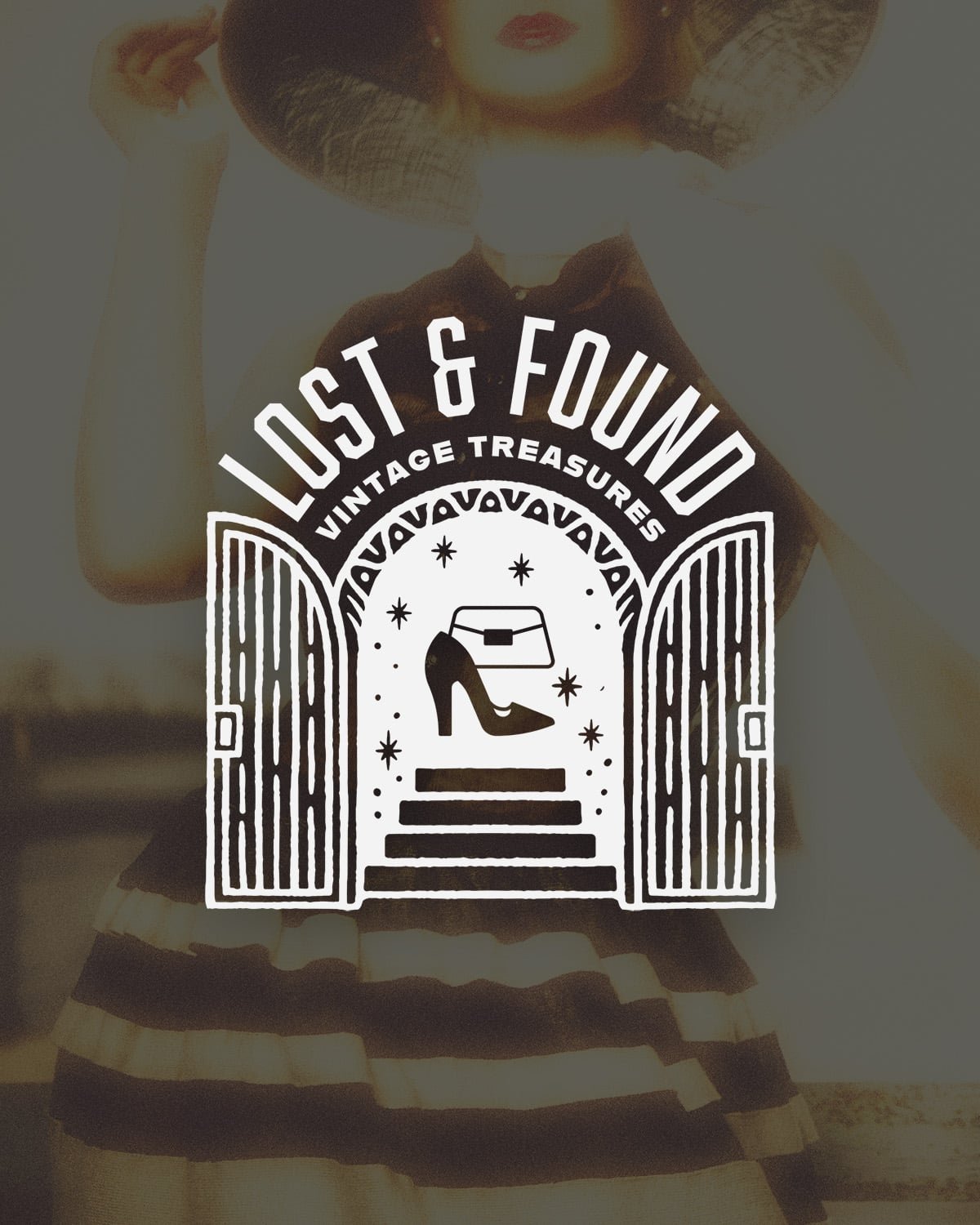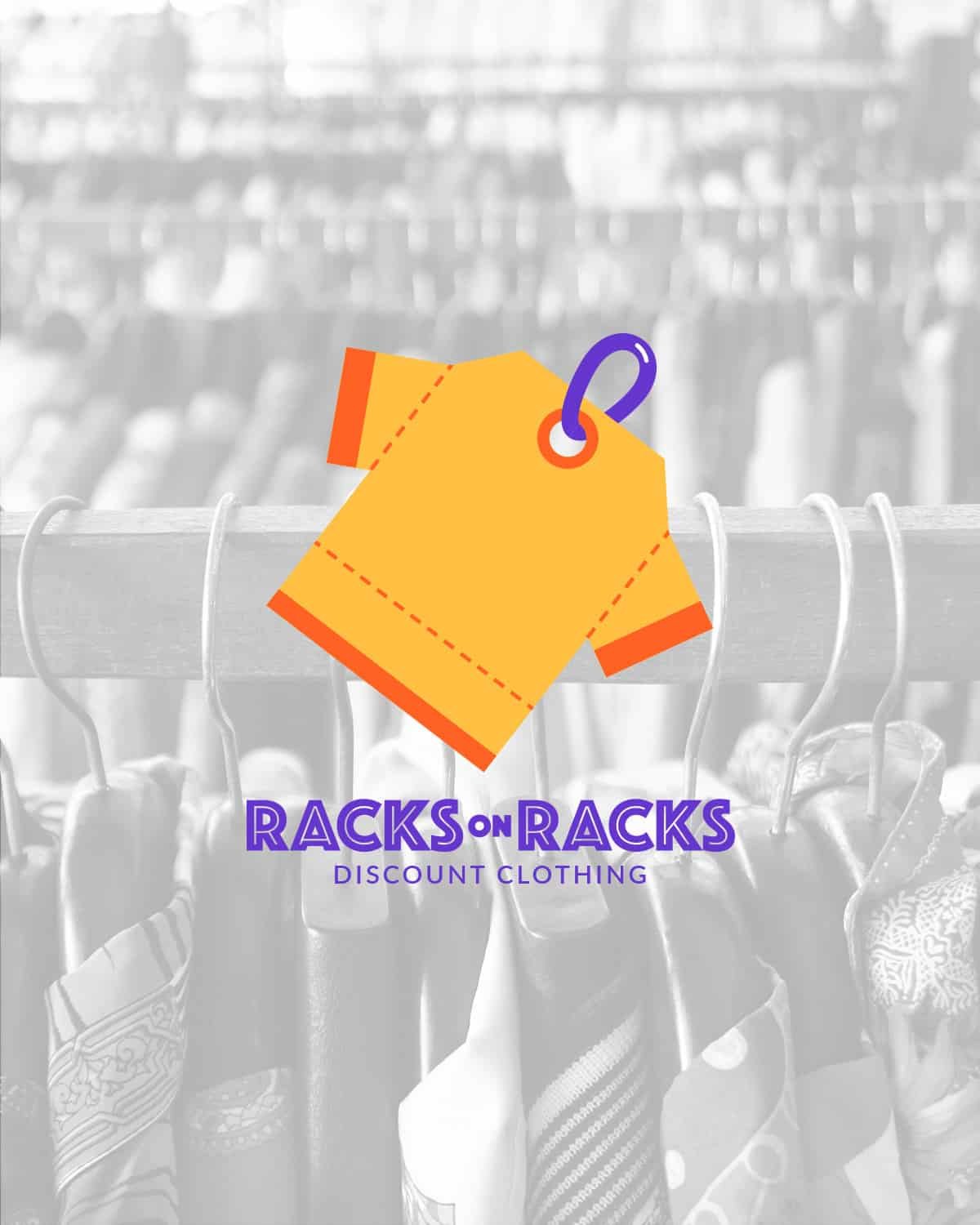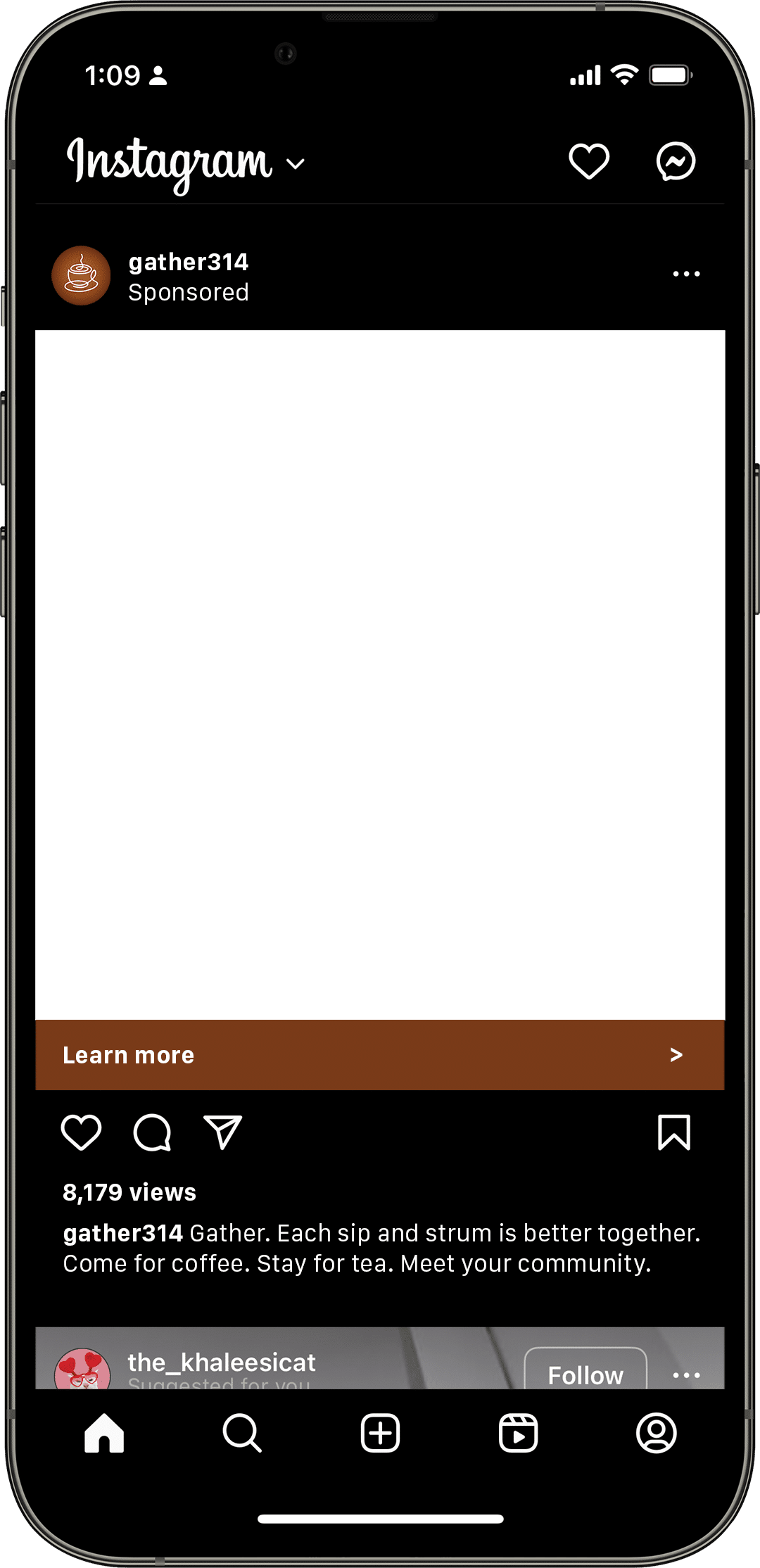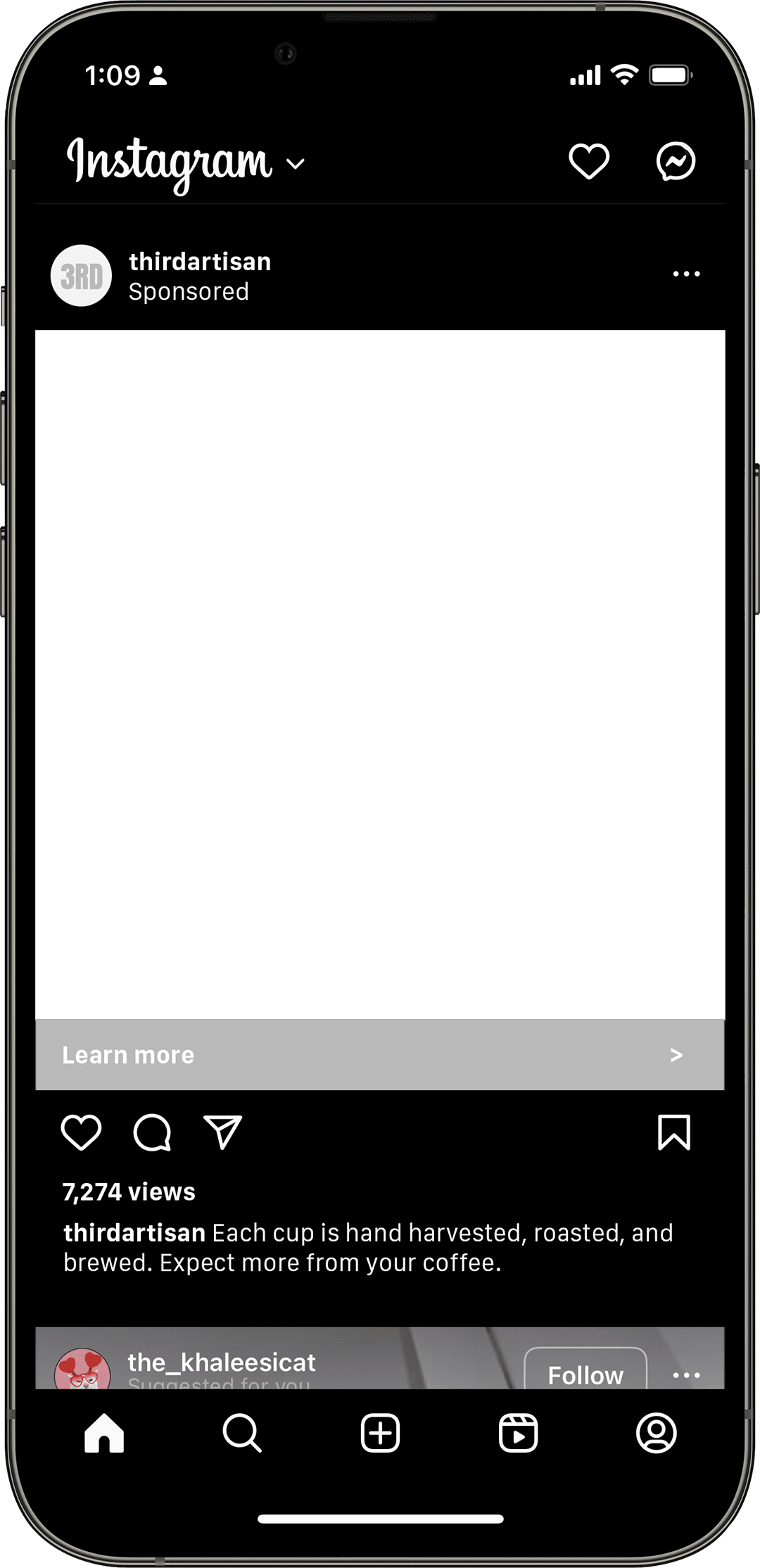Branding: Proven Tools for an Impactful Identity
March 27, 2024
Branding is an indispensable tool for growing your business. Although most associated with visual elements like a logo and color palette, the full impact of branding is more profound. Your brand is a strategic guide for your unique identity. Strong brands provide memorable and consistent experiences, turning first-time visitors into lifelong advocates.
Every business should invest in its brand. Even with modest resources, you can develop a valuable niche that attracts ideal customers and differentiates your business from your competitors. Furthermore, you can establish a solid foundation for these goals by creatively integrating design and marketing.
Attract ideal customers.
You likely have a vision of your ideal customer—the person most likely to benefit from your products. Branding attracts these customers by speaking directly to their needs, desires, and aspirations. Align your brand identity with your ideal customers to demonstrate they are seen and understood.
For example, two stores sell second-hand clothing. Yet, one positions itself as a small boutique with a curated selection. Its branding conveys nostalgia and exclusivity, appealing to customers who value uniqueness. With an impactful brand, the boutique attracts ideal customers and stands out from its competitor, all while building a community around shared values.


Brands that reflect their customers’ values have a distinct advantage. When we see our preferences reflected in a brand (e.g., through perceptions of sustainability, innovation, or inclusion), we are more likely to feel a connection with it. Adopt a clear message about who your business is for (and, just as importantly, who it is not for) to attract visitors that convert.
Differentiate from competitors.
Differentiation is the key to getting noticed, and branding establishes your unique appeal. Differentiation can take you from being one of many options to the singular option for potential customers.
An impactful brand identity communicates what your business stands for, its unique value proposition, and why it matters to your customers. It tells a story that resonates, different from those of your competitors. Your uniqueness may not stem from a particular product; it may be from your values, service, and overall customer experience.
For example, let’s say two local coffee shops offer a similar selection. Yet one is a community hub, hosting live music and art shows. It frequently highlights these events in marketing channels, differentiating it from competitors and attracting customers who value community and culture. By appealing to this audience, the shop generates valuable word-of-mouth marketing from loyal brand advocates.


Differentiation is even more critical today. A well-defined brand identity—consistent theme, voice, and aesthetic—helps you stand out in social feeds and search results. It generates interest during fleeting moments, ensuring your brand is not just seen but remembered.
Start here.
The first and best places to develop your brand are design and marketing. These tools establish a unique and consistent experience of your brand.
Design: The Visual Voice of Your Brand
- Make Good First Impressions: Design shapes your customers’ first impressions. Whether through a website, product packaging, or storefront, design elements like color, typography, and layout attract visitors and set the tone of your brand.
- Communicate Brand Values: Design conveys a business’s values, ethos, and personality through visual storytelling. Moreover, consistent design establishes a recognizable brand identity.
- Improve Customer Experiences: Good design ensures customers have intuitive and memorable interactions with your brand, increasing satisfaction and loyalty.
Marketing: Engage and Expand Your Audience
- Tell Your Story: Narratives about your challenges, victories, and community impact are pivotal in shaping your brand. Authentic stories foster genuine connections and distinguish your business in a crowded field.
- Build Relationships: Effective marketing fosters engagement and creates customer dialogue. Meaningful campaigns, curated content, and open communication build a community of advocates.
- Gain Insights: Marketing provides valuable insight into your customers’ preferences and behaviors, helping you refine your products and services.
Impactful branding fosters meaningful connections by attracting ideal customers and differentiating your business from competitors. When you invest in an impactful brand, you invest in the growth of your business.
